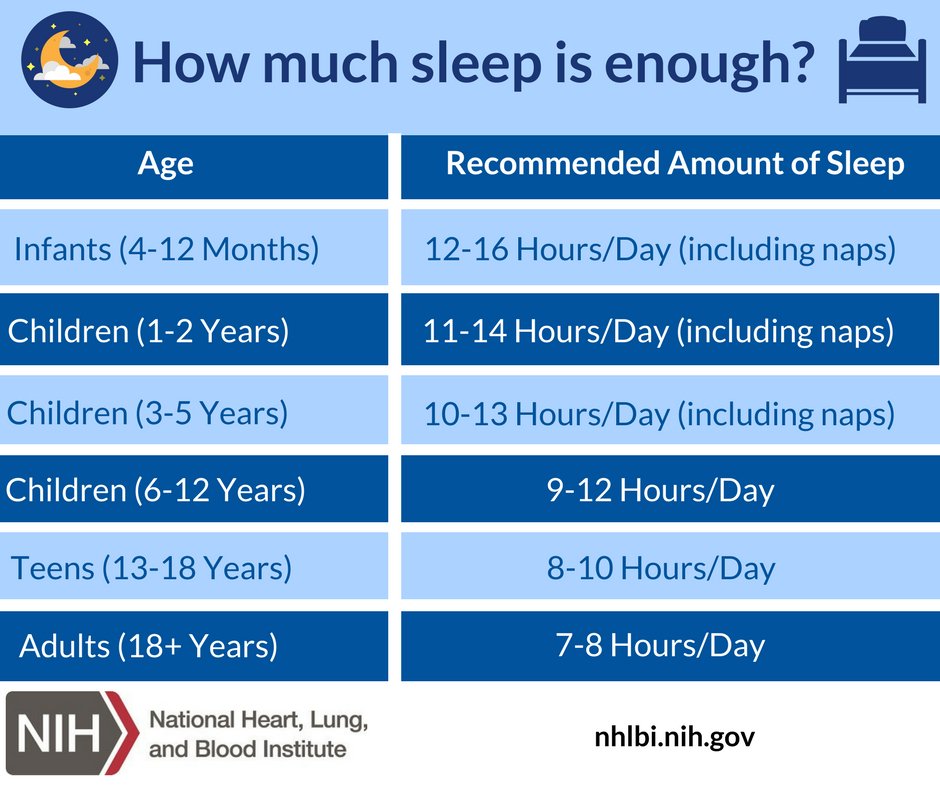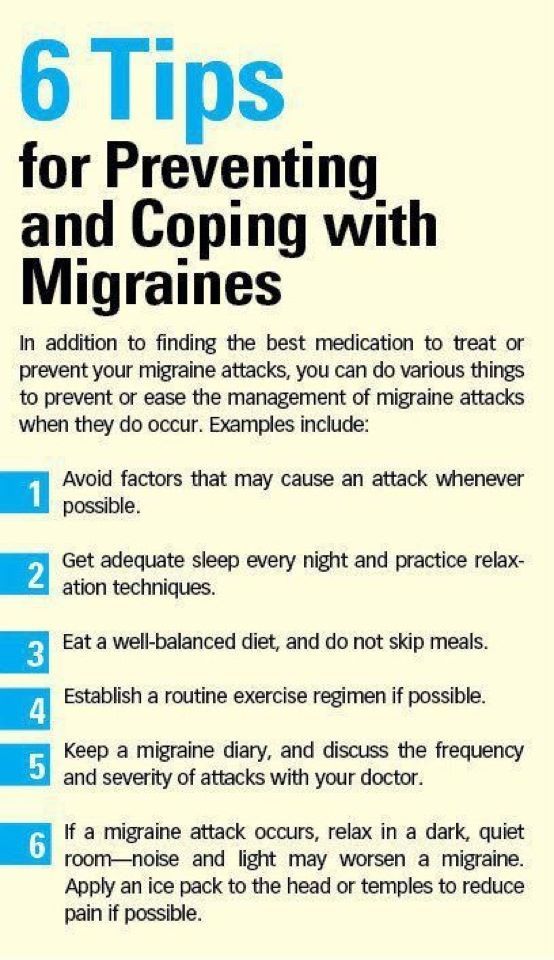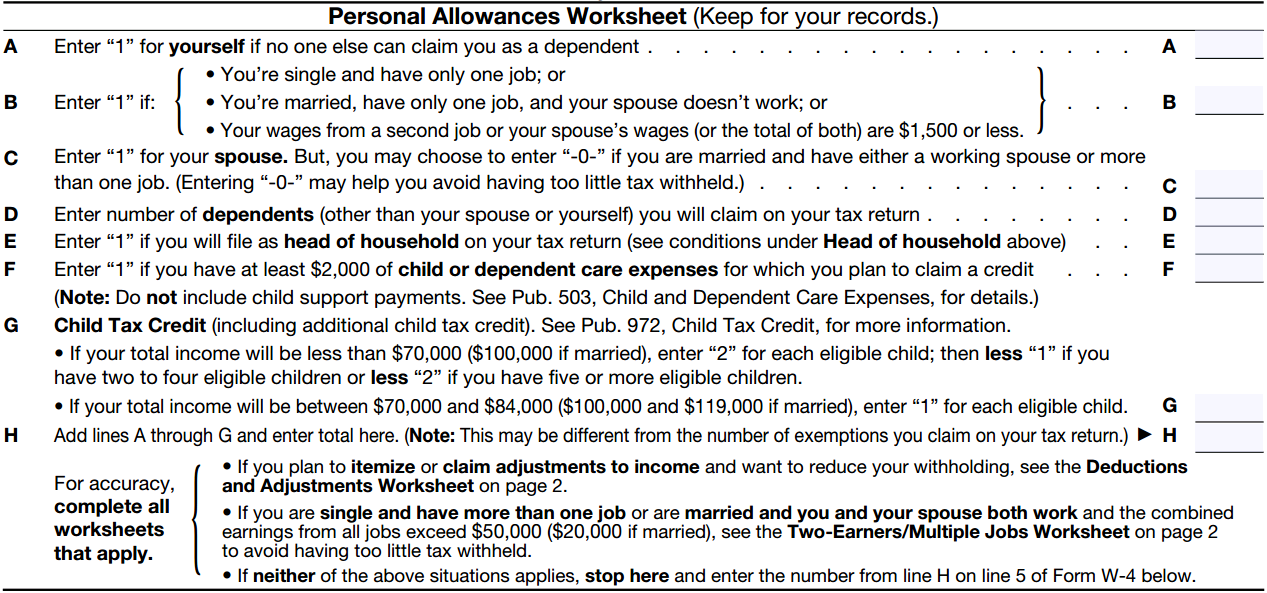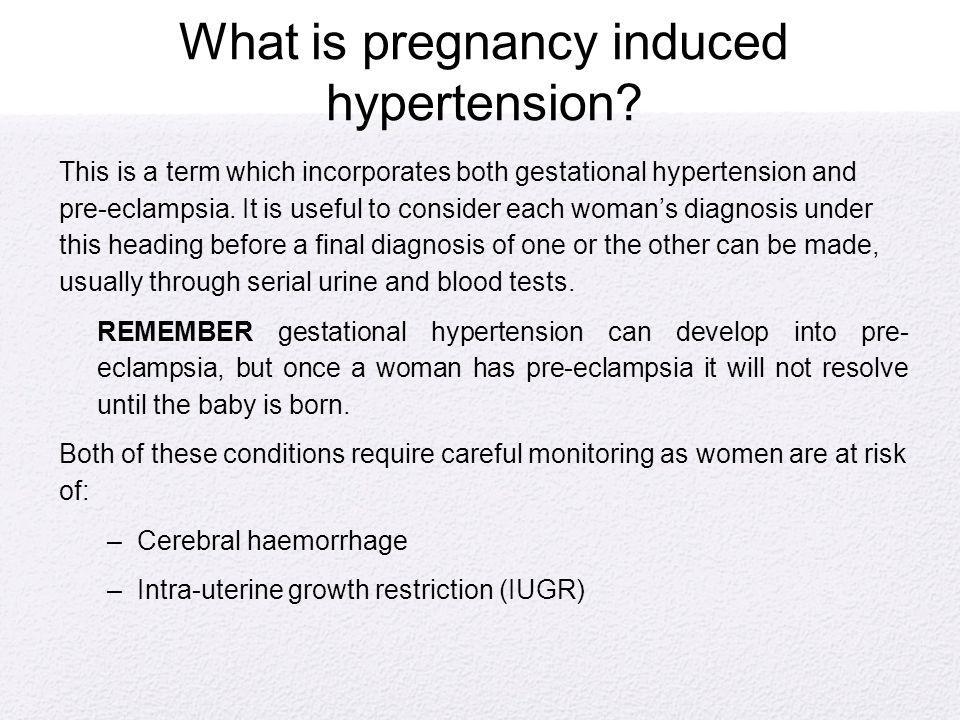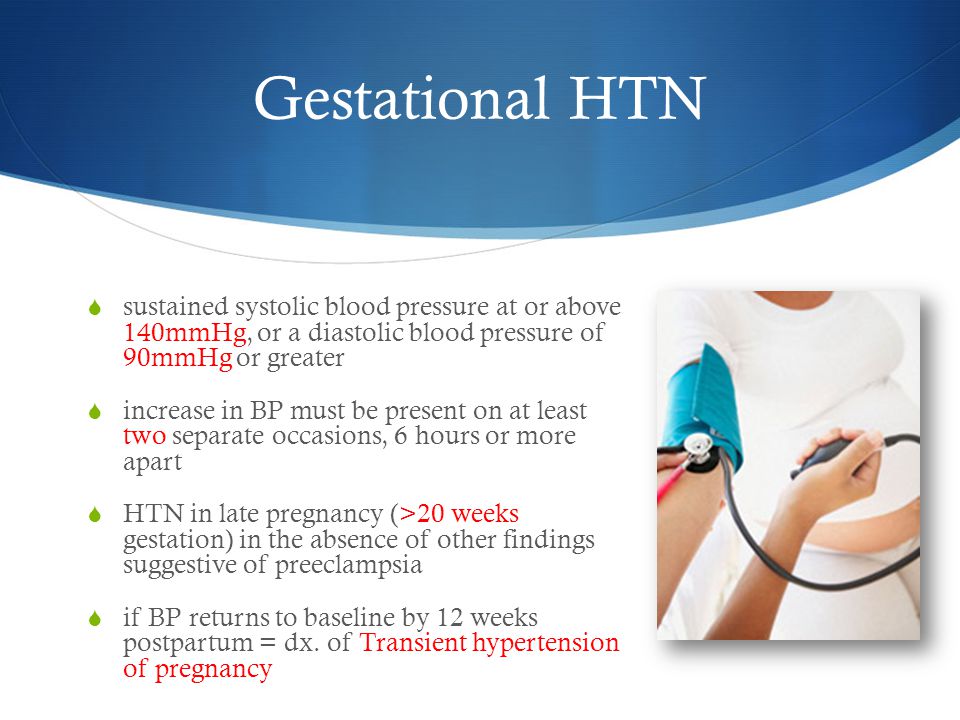How to stop getting angry
25 Tips to Manage Your Anger and Feel Calmer
Anger is a normal feeling and can be a positive emotion when it helps you work through issues or problems, whether that’s at work or at home.
However, anger can become problematic if it leads to aggression, outbursts, or even physical altercations.
Anger control is important for helping you avoid saying or doing something you may regret. Before anger escalates, you can use specific strategies for controlling anger.
Here are 25 ways you can control your anger:
1. Count down
Count down (or up) to 10. If you’re really mad, start at 100. In the time it takes you to count, your heart rate will slow, and your anger will likely subside.
2. Take a breather
Your breathing becomes shallower and speeds up as you grow angry. Reverse that trend (and your anger) by taking slow, deep breaths from your nose and exhaling out of your mouth for several moments.
3. Go walk around
Exercise can help calm your nerves and reduce anger. Go for a walk, ride your bike, or hit a few golf balls. Anything that gets your limbs pumping is good for your mind and body.
4. Relax your muscles
Progressive muscle relaxation calls on you to tense and slowly relax various muscle groups in your body, one at a time. As you tense and release, take slow, deliberate breaths.
5. Repeat a mantra
Find a word or phrase that helps you calm down and refocus. Repeat that word again and again to yourself when you’re upset. “Relax,” “Take it easy, and “You’ll be OK” are all good examples.
6. Stretch
Neck rolls and shoulder rolls are good examples of nonstrenuous yoga-like movements that can help you control your body and harness your emotions. No fancy equipment required.
7. Mentally escape
Slip into a quiet room, close your eyes, and practice visualizing yourself in a relaxing scene. Focus on details in the imaginary scene: What color is the water? How tall are the mountains? What do the chirping birds sound like? This practice can help you find calm amidst anger.
8. Play some tunes
Let music carry you away from your feelings. Put in earbuds or slip out to your car. Crank up your favorite music and hum, bop, or sashay your anger away.
9. Stop talking
When you’re steamed, you may be tempted to let the angry words fly, but you’re more likely to do harm than good. Pretend your lips are glued shut, just like you did as a kid. This moment without speaking will give you time to collect your thoughts.
10. Take a timeout
Give yourself a break. Sit away from others. In this quiet time, you can process events and return your emotions to neutral. You may even find this time away from others is so helpful you want to schedule it into your daily routine.
11. Take action
Harness your angry energy. Sign a petition. Write a note to an official. Do something good for someone else. Pour your energy and emotions into something that’s healthy and productive.
12. Write in your journal
What you can’t say, perhaps you can write. Jot down what you’re feeling and how you want to respond. Processing it through the written word can help you calm down and reassess the events leading up to your feelings.
Jot down what you’re feeling and how you want to respond. Processing it through the written word can help you calm down and reassess the events leading up to your feelings.
13. Find the most immediate solution
You might be angry that your child has once again left their room a mess before going to visit a friend. Shut the door. You can temporarily end your anger by putting it out of your view. Look for similar resolutions in any situations.
14. Rehearse your response
Prevent an outburst by rehearsing what you’re going to say or how you’re going to approach the problem in the future. This rehearsal period gives you time to role-play several possible solutions, too.
15. Picture a stop sign
The universal symbol to stop can help you calm down when you’re angry. It’s a quick way to help you visualize the need to halt yourself, your actions, and walk away from the moment.
16. Change your routine
If your slow commute to work makes you angry before you’ve even had coffee, find a new route. Consider options that may take longer but leave you less upset in the end.
Consider options that may take longer but leave you less upset in the end.
17. Talk to a friend
Don’t stew in the events that made you angry. Help yourself process what happened by talking with a trusted, supportive friend who can possibly provide a new perspective.
18. Laugh
Nothing upends a bad mood like a good one. Diffuse your anger by looking for ways to laugh, whether that’s playing with your kids, watching stand-up, or scrolling memes.
19. Practice gratitude
Take a moment to focus on what’s right when everything feels wrong. Realizing how many good things you have in your life can help you neutralize anger and turn around the situation.
20. Set a timer
The first thing that comes to mind when you’re angry likely isn’t the thing you should say. Give yourself a set time before you respond. This time will help you be calmer and more concise.
21. Write a letter
Write a letter or email to the person that made you angry. Then, delete it. Often, expressing your emotions in some form is all you want, even if it’s in something that will never be seen.
Then, delete it. Often, expressing your emotions in some form is all you want, even if it’s in something that will never be seen.
22. Imagine forgiving them
Finding the courage to forgive someone who has wronged you takes a lot of emotional skill. If you can’t go that far, you can at least pretend that you’re forgiving them, and you’ll feel your anger slip away.
23. Practice empathy
Try to walk in the other person’s shoes and see the situation from their perspective. When you tell the story or relive the events as they saw it, you may gain a new understanding and become less angry.
24. Express your anger
It’s OK to say how you feel, as long as you handle it in the right way. Ask a trusted friend to help you be accountable to a calm response. Outbursts solve no problems, but mature dialogue can help reduce your stress and ease your anger. It may also prevent future problems.
25. Find a creative channel
Turn your anger into a tangible production. Consider painting, gardening, or writing poetry when you’re upset. Emotions are powerful muses for creative individuals. Use yours to reduce anger.
Consider painting, gardening, or writing poetry when you’re upset. Emotions are powerful muses for creative individuals. Use yours to reduce anger.
The bottom line
Anger is a normal emotion that everyone experiences from time to time. However, if you find your anger turns to aggression or outbursts, you need to find healthy ways to deal with anger.
If these tips don’t help, consider talking with your doctor. A mental health specialist or therapist can help you work through underlying factors that may contribute to anger and other emotional issues.
How to Stop Being Angry
Angry. Furious. Livid. Majorly pissed off.
You know how it feels in your body when you’re good and mad — your heart races, your muscles tighten, you may feel short of breath. That's the “fight or flight” reaction that rage is biologically designed to elicit, in order to protect us from danger, like someone coming at us swinging a baseball bat.
But in humans, anger is triggered by all sorts of situations that aren’t literally a threat to our physical safety, including when we feel frustration or impatience at being made to wait on hold forever, for instance, being betrayed by someone we trusted — or even politics.
It doesn’t feel good to be angry, and many people (especially women) think you need to figure out how to completely stop being angry. And it’s true that the long-term effects of anger on the body aren’t great — they can include headaches, anxiety, digestion problems, high blood pressure and more.
But not only is it impossible to completely prevent yourself from having this natural emotional response, anger isn’t always bad, say experts. The trick is to manage that feeling and control how you act on it.
What is the root of anger?“There are two things that almost always underlie anger,” says Ellen Astrachan-Fletcher, Ph. D., regional clinical director with Pathlight Mood and Anxiety Center. “Feeling threatened in some way or having judgment about the situation or person you feel threatened by.”
D., regional clinical director with Pathlight Mood and Anxiety Center. “Feeling threatened in some way or having judgment about the situation or person you feel threatened by.”
When our anger bubbles up, it gets expressed in three ways: passive-aggressively, with open aggression and by being assertive. With passive-aggressive anger, you show how annoyed you are indirectly — by, say, “forgetting” to reply to emails or talking behind somebody’s back. Open aggression is exactly what it sounds like: You have outbursts or other visible displays of anger, like bullying or confrontations or fights. Neither of these are the best way to make your feelings known, and rather than get you closer to what you want (to be understood and to have your anger addressed) they can instead damage relationships, Astrachan-Fletcher says.
The healthiest, most productive type of anger is assertive anger, experts say.
We may become angry almost automatically at times when we feel threatened.
“Assertive responses involve direct communication about feelings and desired outcomes that is appropriate for the context,” says psychology assistant teaching professor and director of the Syracuse University Psychological Services Center, Afton Kapuscinski, Ph.D. “You do it in a manner that involves self-control, with respect for others involved in the conflict. Assertive communication has the best chance of preserving relationships and achieving desired aims,” such as changing the situation or simply being heard.
Why do I get so angry so easily?The reason anger might flare up like a match strike is because of how you perceive what happened: When you feel threatened (even if not physically) or feel you’re being judged, you’re thrown into survival mode — and that brings about angry feelings. It can happen almost instantaneously, too, especially when what’s winding your watch is something that makes you want to react with passive or open aggression.
It can happen almost instantaneously, too, especially when what’s winding your watch is something that makes you want to react with passive or open aggression.
Related Story
- 7 Ways to Deal With an Angry Teenager
Imagine your partner accuses you of cheating on them, when you have always been faithful and gone out of your way to show how much you love them. This feels unfair, and perhaps makes you feel like who you are is being called into question. “We may become angry almost automatically at times when we are threatened or experience injustices in our lives,” Kapuscinski said.
And though it’s often interpreted as a “bad” emotion to have, anger can actually be pretty helpful and healing, provided you know to calm down, navigate the situation well and express your feelings in an assertive, not aggressive or passive-aggressive way.
How can I express my anger productively?If someone has upset or hurt you, and you feel like reacting with passive or overt aggression, the first thing you’ll want to do is take a break. Tell the person that you’re upset and you need some space to think things through, advises Astrachan-Fletcher. You’ll stand a much better chance of a positive outcome — which will lead to your being able to release any angry feelings — if you don’t come at the situation with a full head of steam.
Tell the person that you’re upset and you need some space to think things through, advises Astrachan-Fletcher. You’ll stand a much better chance of a positive outcome — which will lead to your being able to release any angry feelings — if you don’t come at the situation with a full head of steam.
Then actually do it, too—use that time to calm down and try to identify what triggered you. If it helps, Charmain F. Jackman, Ph.D., founder and CEO of InnoPsych, Inc., an organization working to increase access to therapy for people of color, suggests splashing some cold water on your face and scheduling a time to come back to the conversation. Meanwhile, try exercise or journaling to release your anger in a healthy way.
When it’s time to come back to the conversation, this is when you whip out your assertive anger and become and strong and clear advocate for yourself.
Resentment is like taking poison and waiting for the other person to die.
Express what upset you about what went down, state what your needs are in the situation and make sure they’re understood. But also try to understand the other person’s point of view, says Astrachan Fletcher. When we’re angry, we sometimes don’t see things clearly and assume we know what’s going on with the other person. Kapuscinski says it’s because “our appraisal of the situation becomes based on cues from the intense physical aspects of anger we are experiencing” and “we are wired to narrow our attention on the perceived threat and act quickly without taking the time to fully utilize the parts of our brains responsible for planning and judgment.” So resist the urge to make assumptions about how they’re feeling and why; instead, ask them to explain it. Eventually, you should be able to get to a place where you can compromise on a solution.
This will be even more possible if you don’t assume the other person is coming from a place of anger — the other person might be adamant or have a very direct style, but not be angry themselves. “It’s easy to misjudge facial expressions, body language and tone of voice,” Jackman says. “This is especially a concern for people of color, who are often identified as angry when they are not. Therefore, it is important to check on how people are feeling before making assumptions that they are angry.”
“It’s easy to misjudge facial expressions, body language and tone of voice,” Jackman says. “This is especially a concern for people of color, who are often identified as angry when they are not. Therefore, it is important to check on how people are feeling before making assumptions that they are angry.”
Plus, if you go into a conversation assuming the other person will react poorly, you’ll automatically be on the defensive, Kapuscinski says — which will make you less receptive to a discussion or compromise.
Mike Garten
How can I let go of my anger?
In most cases, letting go of your anger is the healthiest choice; not just for the sake of your relationships, but also for your own mental health. You’ll always face situations that make you angry and ones that you can’t control. Ditching the anger will give you a better perspective and ease the stress on your mental and physical health.
If you and the other person can’t come to an accord, though, you need to find some level of acceptance — otherwise, you could become bitter or start to resent that person, especially if you think you’re in the right. And that’s just as bad for you as being angry. “Remember,” says Astrachan-Fletcher, “resentment is like taking poison and waiting for the other person to die.”
And that’s just as bad for you as being angry. “Remember,” says Astrachan-Fletcher, “resentment is like taking poison and waiting for the other person to die.”
Keep in mind, though, that accepting the situation or outcome of an argument doesn’t mean you’re happy with it. It’s more about accepting what’s happened, understanding the new situation and then figuring out ways to problem solve.
“When anger about situations where the person has limited control is all-consuming or causes the person to have difficulty functioning, acceptance can be empowering and freeing,” Kapuscinski says. “However, anger itself can be empowering in the same situations when channeled well. Consider issues of civil rights, for example, and how unrest with injustice may help people and groups to find ways of making constructive changes.”
The bottom line? Even if you feel justified in your anger, you’re in charge of what happens on a personal level. “We are each responsible for all of our feelings, including anger and how we choose to express it,” Jackman says.
“We are each responsible for all of our feelings, including anger and how we choose to express it,” Jackman says.
Sometimes the most intense and long-standing anger is directed toward ourselves. Maybe you screwed up and did something outside your value system, like lying or cheating, or maybe you just missed an important deadline. Or maybe you’ve been raised to think you have to be perfect in certain ways, and get mad at yourself when you’re simply human. Suddenly, you’re beating yourself up for falling short. Jackman and Kapuscinski want you to do one thing in this situation: Exercise some self-compassion.
“We can have harsh inner critics or hold ourselves to unrealistic expectations,” Jackman says. “Self-compassion allows you space to make mistakes and to let go of destructive or negative feelings and experiences.”
So how do you exercise self-compassion? Basically, you treat yourself as you would treat a child or a close friend who messed up or is being too hard on themselves.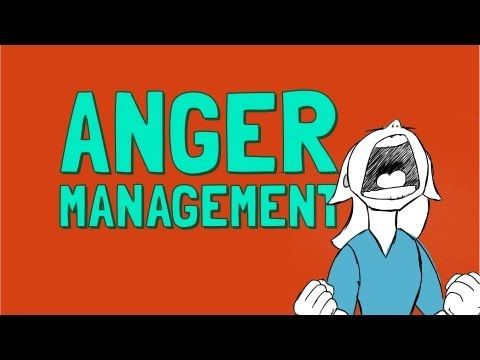 Cut yourself a break, forgive yourself and see what you can learn from the situation, says Astrachan-Fletcher.
Cut yourself a break, forgive yourself and see what you can learn from the situation, says Astrachan-Fletcher.
Read More:
- How to Love Yourself
Forgiveness is one of the most important parts of the equation, because self-flagellation doesn’t usually result in our doing it better next time — even though we’re beating ourselves up with the hope that it will actually help us do just that. “The problem is that when we beat ourselves up, our self-anger only keeps us stuck,” she said. “Because being angry at ourselves and beating ourselves up is intermittently reinforced [or] only gets rewarded very infrequently, like gambling, it becomes the hardest kind of habit to break because we are always striving for that reward, or in this case behavioral change.”
If you forgive yourself, however, you can move on. Astrachan-Fletcher suggests sharing with people who care about why you’re angry at yourself. Their supportive responses could help reduce any shame you’re feeling.
Anger can be a healthy emotion, because handled constructively, it can show us what needs to change and help us take action. But if it gets too intense, you’re always angry (even without reason) and blowing up at people, or acting in violence against others or yourself, it might be time to talk to a professional. Remember: There’s nothing wrong with seeking help to regulate anger.
Doing so will not just help your relationships. “Anger issues can be connected to addiction issues, depression, bipolar disorder, anxiety and other mental health issues,” Astrachan-Fletcher said. “In this case, seeking mental health treatment can be most helpful.”
Let It Go! Quitting These Habits and Obstacles Has Never Been Healthier
READ MORE
Jennifer Billock
Jennifer Billock is an award-winning writer, bestselling author, and editor of the Kitchen Witch Newsletter. She is currently dreaming of an around-the-world trip with her Boston terrier. Check out her website at jenniferbillock.com.
She is currently dreaming of an around-the-world trip with her Boston terrier. Check out her website at jenniferbillock.com.
This content is imported from OpenWeb. You may be able to find the same content in another format, or you may be able to find more information, at their web site.
The most effective techniques to help you stop being angry
31503
17
2
Updated: June 20, 2022
Updated 20.06
Anger is neither good nor bad, but a basic feeling. To some extent, it is always present in every person, it helps to achieve what is needed. Anger has positive and negative aspects, but in any case, you need to know how to manage anger, what to do to stop being angry.
Article content
- How anger manifests itself
- The psychology of anger or why people get angry
- The Benefits of Anger
- How to stop being angry and not get annoyed
- How to become kinder
- FAQ
- Expert opinion
How anger manifests itself
When a person is angry, the adrenal glands actively produce adrenaline and norepinephrine. These neurotransmitters activate the work of the autonomic nervous system, affect muscle tone and the state of blood vessels.
These neurotransmitters activate the work of the autonomic nervous system, affect muscle tone and the state of blood vessels.
Anger can be attributed to innate skills. But the manifestations of anger in adulthood are influenced by the behavior of other people, external circumstances.
What happens in the body when a person is angry:
- blood vessels constrict;
- the heart rate increases;
- muscle tone increases;
- the exchange process is accelerated;
- the level of glucose in the blood rises;
- decreased susceptibility to pain;
- consciousness narrows - a person does not react to extraneous sounds and movements, all attention is focused only on the source of the threat;
- due to the excitation of the central nervous system, the speed of reactions increases, there is a surge of vivacity.
A person in anger clenches his fists and jaw, it is difficult for him to sit still, he is worried about a headache, discomfort in the region of the heart.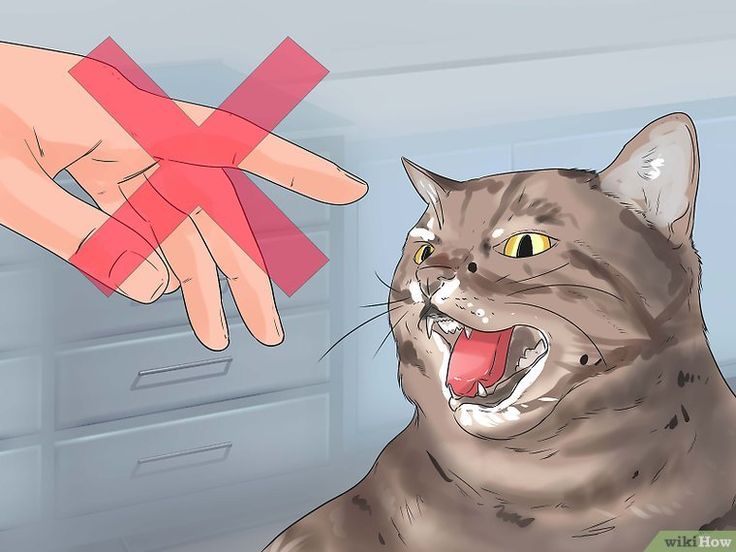
Important! Responsibility for an angry reaction always lies with the person himself. No one can force another person to be angry.
Psychology of anger or why people get angry
Anger is a primary emotion that appeared as a result of evolution. This is a belligerent but necessary response to stress – fight or flight. It starts in the amygdala region of the brain, which is formed at the 8th month of fetal development.
Reasons for anger:
- a sense of danger, the inability to predict the development of the situation, a reaction to a threat to the established order;
- no or limited choice;
- chronic stress;
- very strong emotional shock;
- the use of alcohol, drugs - the addict may get angry during the withdrawal syndrome due to the lack of a new dose;
- disrespect from others;
- the occurrence of obstacles on the way to the goal;
- unsatisfied desires;
- violation of personal boundaries;
- anger at life and people is a contagious feeling, the ability to adopt the positive and negative emotions of others refers to manifestations of empathy;
- anger often masks other emotions - guilt, fear, shame, envy, pain, insecurity;
- anger can be a manifestation of psychological trauma, internal conflict;
- an aggressive or passive response to a problem.

Genes influence the level of anger. Some of them increase the production of stress hormones. Others reduce the activity of gamma-aminobutyric acids, which inhibit the neurotransmitters of the central nervous system, reduce the activity of nerve impulses.
In psychology, there is such a thing as anger regulation disorder - these are inadequate-evil reactions. Uncontrolled attacks of aggression can be a manifestation of schizophrenia or depression, psychopathy, sociopathy.
The ability to control anger or communicate properly with an angry person are essential skills. If you cannot control your emotions, or take the manifestation of someone else's aggression too close to your heart, contact our psychologists. Specialists will conduct a remote consultation at any convenient time. They will teach effective ways to splash out anger, help to understand the causes of negative emotions.
The benefits of anger
Anger is considered a negative, wrong feeling. People constantly try to fight it, many deny that they can be angry with themselves, others or the situation. But not everything is so bad, there are many positive aspects in anger.
People constantly try to fight it, many deny that they can be angry with themselves, others or the situation. But not everything is so bad, there are many positive aspects in anger.
Positive aspects of irritability:
- A resource that activates energy production. An evil person is strong, determined, courageous. He is not afraid to move forward, can easily adapt to new circumstances.
- Helps you achieve your goals.
- Needed to establish and protect personal boundaries.
- One and manifestations of sincerity, trust. Showing anger is considered unacceptable. If a person expresses anger, it means that he opens up to the interlocutor.
Pay attention! Anger is a good helper in the fight against financial, love, food and other addictions.
How to stop being angry and not get irritated
You need to be able to control anger and be able to throw it out in time, but without negative consequences for others. But most people do not know how to live properly, to deal with anger. They prefer to suppress, ignore one of the basic emotions. Apathy, depression, psychosomatic disorders - all these problems arise against the background of repressed anger.
But most people do not know how to live properly, to deal with anger. They prefer to suppress, ignore one of the basic emotions. Apathy, depression, psychosomatic disorders - all these problems arise against the background of repressed anger.
Anger suppression is a learned pattern of behavior that comes from childhood. Parents constantly tell their children not to be angry, it's bad. The reasons for this behavior of parents can be different. Destructive upbringing, fear of condemnation of others for the violent behavior of the child. The expression of anger is a manifestation of the child's personal boundaries, which often frightens adults.
How to calm anger - advice from a psychologist:
- Say to yourself or out loud once: "I'm angry." Take 3 deep breaths in and out with your belly. Slowly count to 10. Repeat a full circle until the anger subsides.
- Take a look around. Count all white or round objects.
- Focus on details.
 Turn on the music and listen carefully to the voice, the smallest sounds. Or slowly feel the object, pronounce all its characteristics.
Turn on the music and listen carefully to the voice, the smallest sounds. Or slowly feel the object, pronounce all its characteristics. - Try to draw your anger. It can be strokes, lines, a chaotic pattern. See what your anger looks like. Think about what it symbolizes for you - resentment, emptiness. Think about what you can replace or fill.
- Learn meditation and self-regulation techniques. If it is difficult to cope with bouts of uncontrollable anger alone, sign up for a consultation with a psychologist. The specialist will help to correct the ingrained patterns of behavior, to eliminate their negative consequences.
- Write a list of the negative effects of anger—discord in relationships, loneliness, problems at work, various illnesses. Post the list in all prominent places, always remember the risks when you start to get angry.
- Ask loved ones to take pictures of you at the moment of angry detente. You won't like this photo. Remind yourself of this vivid example of your destructive alternative personality every time you have outbursts of anger.

- Develop a sense of humor and optimism. These qualities help to look at life easier, to stop being annoyed at the slightest provocation.
- Avoid overwork. Always find ways to take a break from your daily routine. Spend your leisure time in a variety of ways, find new hobbies. As soon as an attack of irritation occurs, try to immediately do what brings you pleasure.
- Don't be afraid of change. If everything is annoying at work, change it. Yes, it's stressful, but sometimes it's the only way to stop being angry all the time. If a particular person is annoying, stop communicating with him or reduce communication to a minimum.
Important! Learn to notice the process of the emergence of anger. This is essential to let off steam. This should always be done without exception. Otherwise, the suppressed emotion will redirect energy to the internal organs, gain a foothold in muscle memory, and chronic pain of unknown origin occurs.
How to become kinder
In order not to be covered by strong anger, you need to change the negative perception of the world to a positive one.
What can be done:
- Stop perceiving others as a source of threat, humiliation, or bullying. The reason for anger lies in you, and not in the outside world, so adequately assess the appropriateness of your actions and words. Do not start and do not start to get angry if you are corrected, criticized, if people's actions differ from your expectations, not all “I want” can be realized.
- Learn to empathize. The ability to put yourself in the shoes of others, understand someone else's point of view and feelings is a great way to stop getting angry over trifles.
- Choose a person who inspires you. If angry, imagine how he would behave in this situation.
- Smile. Smiling improves not only your mood, but also the mood of others, affects feelings and thoughts.
- We must learn to strain and relax alternately all the muscles in the body. Such relaxation helps to get rid of negativity in thoughts and body.
- Learn to actively express your feelings.
 Silently getting angry or showing aggression are non-constructive ways of communication.
Silently getting angry or showing aggression are non-constructive ways of communication.
Tip! To get less angry, you need to sleep 7-8 hours every night. Lack of sleep is one of the reasons for the inability to control emotions.
FAQ
I get angry often. This is fine?
+
Being angry at a person is a normal, one of the primary human emotions. It helps to move forward towards the intended goal, is one of the defensive reactions. But the inability to manage anger is bad. To learn how to manage anger, you can independently master some practices. Or turn to a psychologist, which is much more effective and faster.
Should anger be suppressed or should it be vented?
+
Anger is considered a negative emotion. People often, wanting to look in the eyes of others friendly, cultured and pleasant to communicate, restrain their anger. But any emotion is an energy that, according to the laws of physics, cannot simply dissolve and disappear without a trace. It can be converted into other energy or transfer the discharge to another energy consumer. To avoid psychosomatic illnesses and problems in communication, you need to release anger in environmentally friendly ways that are harmless to yourself and other people.
But any emotion is an energy that, according to the laws of physics, cannot simply dissolve and disappear without a trace. It can be converted into other energy or transfer the discharge to another energy consumer. To avoid psychosomatic illnesses and problems in communication, you need to release anger in environmentally friendly ways that are harmless to yourself and other people.
How to release anger?
+
The reasons for anger may be different, but in any case, you need to quickly get rid of this emotion. It is necessary to keep a diary in which to record bodily reactions, feelings, triggers that provoke the appearance of feelings of anger. Already when filling out the diary, the charge of aggression will decrease. You can write a letter to the offender, not embarrassed in terms. Beat a pillow or box with an imaginary opponent, tear up a newspaper. Get a special glass for anger, in which to scream if you start to boil. Any physical activity or loud performance of a song helps a lot.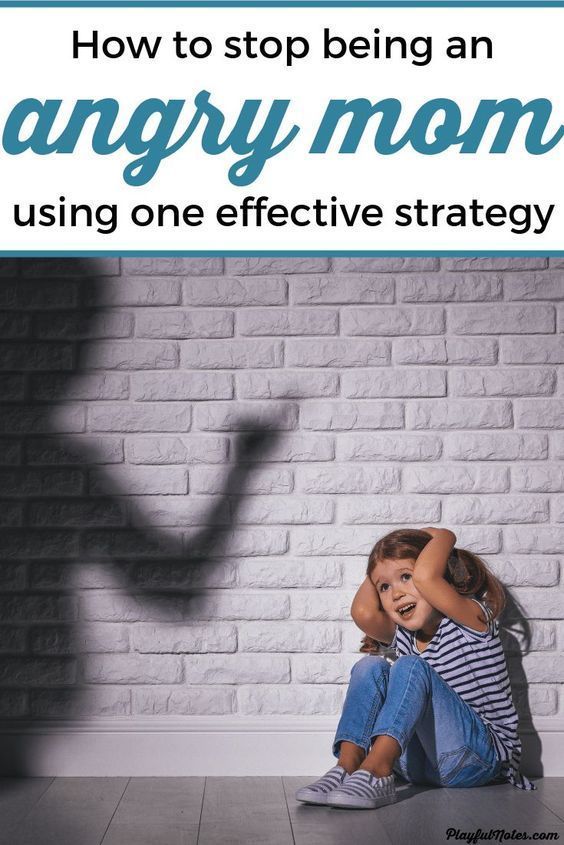 Choose any method, depending on your preferences and external circumstances.
Choose any method, depending on your preferences and external circumstances.
Expert opinion
Getting angry is okay. It is much more dangerous to restrain, suppress the feeling of anger. Suppression turns into uncontrolled outbursts of anger, which is dangerous for social life. People who do not know how to cope with anger develop neurotic disorders, problems with sleep and appetite, develop arrhythmia, hypertension. Disturbed by frequent headaches, muscle spasms, neuralgia, mimic muscles are supported. To avoid all these negative consequences, you need to stop being quick-tempered and irritable. The fight against anger is a serious work on oneself, a thorough analysis of the causes of increased anger. Therefore, it is better to go through it with an experienced specialist.
We publish only verified information
Article author
Monakhova Albina Petrovna clinical psychologist
Experience 17 years
Consultations 1439
Articles 273
Specialist in clinical psychology. Help in finding tools for self-realization, working out beliefs, fears and anxieties. Work with self-attitude, internal boundaries, understanding of interaction with society through conscious personal changes.
Help in finding tools for self-realization, working out beliefs, fears and anxieties. Work with self-attitude, internal boundaries, understanding of interaction with society through conscious personal changes.
- 2007 - 2008 MUS Children's polyclinic No. 4 - teacher psychologist
- 2008 - 2009Healthy Country LLC - Clinical Psychologist
- 2009 - 2021 Republican Narcological Dispensary - psychologist
- 2012 - 2013 Occupational medicine - psychologist
- 2013 - 2015 LLC Vozrozhdenie - psychologist
- 2019 to present Teledoctor24 LLC - psychologist
Sources
- ... Ilse Sand. Compass of emotions, 100 pages, 2016
- ... Lisa Barrett.
 How emotions are born, 750 pp. MYTH, 2018
How emotions are born, 750 pp. MYTH, 2018 - ... Larry Senn. Mood lift. Learn to manage your feelings and emotions, 2018
Share:
Category: Psychology
About health Pregnancy and childbirth About children healthy lifestyle Psychology Neurology Gastroenterology Personal care Medicines and dietary supplementsPrevious article
Professional Development Crisis
Next article
Emotional Seesaw in Relationships
Other related articles
Agishev Damir Adgemovich
08. 08
08
Subclavian steal syndrome
Neurology
Agishev Damir Adgemovich
08.08
Kinking of the internal carotid artery
Neurology
Menshikova Maria Viktorovna
19.01
Bubble drift during pregnancy
Pregnancy and childbirth
Five ways to stop being angry at the whole world: tested on our own experience
Content
Show the whole list ↓ Hide the list ↑
I lived in a state of inner discomfort for a very long time. Total dislike for myself and a maniacal desire to be good for everyone led to endless conflicts with others who had nothing to do with my problems. Until the age of 30, I was the same person who, foaming at the mouth, argued that it was impossible to climb out of line, talk loudly on the phone and push elbows at rush hour. Inner anger found a way out in the most unexpected places. Even where it was inappropriate from the word "completely." Tired of myself, I began an inner work of several months and achieved excellent results in this. How? I share my personal experience.
Until the age of 30, I was the same person who, foaming at the mouth, argued that it was impossible to climb out of line, talk loudly on the phone and push elbows at rush hour. Inner anger found a way out in the most unexpected places. Even where it was inappropriate from the word "completely." Tired of myself, I began an inner work of several months and achieved excellent results in this. How? I share my personal experience.
Method number 1: realize that no one is to blame for your misfortunes
We ourselves are the creators of our own destiny. And we are also to blame for our problems. Not a woman in line stepping on her foot, not a man suddenly sneezing in a movie theater, but the same person you see in the mirror every day. And remind yourself of this every day! This will help you not vent your anger at others. As they say, the salvation of the drowning is the work of the drowning themselves.
Method #2: understand that life without anger is much more pleasant
Anger is destructive. He eats from the inside, provokes conflicts with others, greatly spoils life and, most importantly, absolutely nothing in it changes for the better. Agree with yourself that you will not waste your energy in vain, it will be useful for achieving completely different goals.
He eats from the inside, provokes conflicts with others, greatly spoils life and, most importantly, absolutely nothing in it changes for the better. Agree with yourself that you will not waste your energy in vain, it will be useful for achieving completely different goals.
Method number 3: start writing letters
Or draw. Any negative emotion can be experienced on paper - it will endure everything. And, most importantly, absolutely no one will suffer from this. In child psychology, there is such a technique - to pronounce his emotion with the child so that he realizes what is happening to him. It also applies to adults. When there is no notebook at hand, explain to your inner self what exactly made you angry, and then in the future you can forget about this problem.
Technique #4: Get familiar with the term "passive aggression"
In other words, it's an indirect expression of anger. The term appeared in the 40s of the last century. Under it, psychologists mean the presence of attitudes that anger is unacceptable: it is bad, ashamed, and further down the list.


